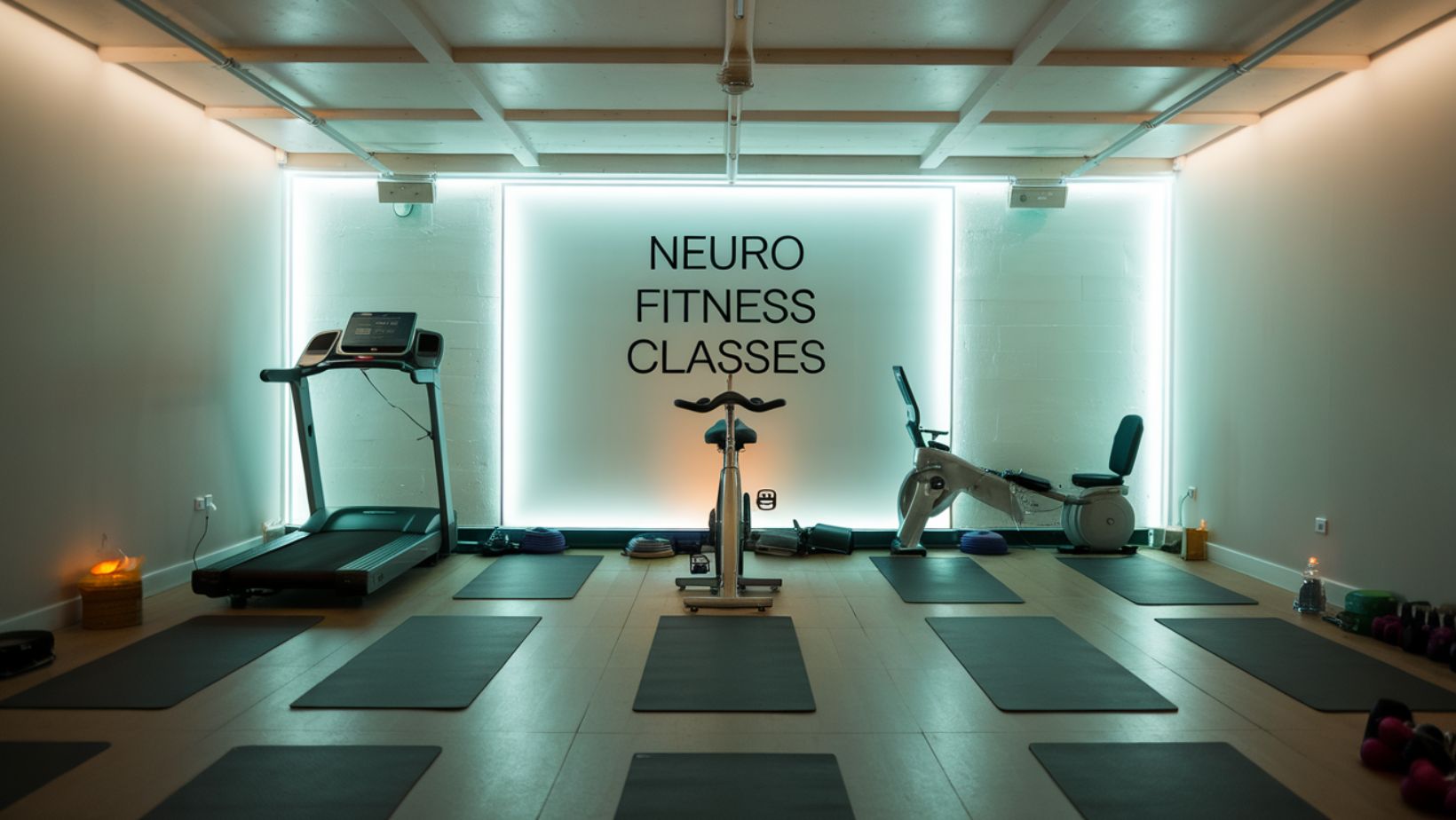What if your workout clothes could tell you exactly when to push harder and when to slow down? How about exercises that simultaneously strengthen your body while enhancing your cognitive abilities? In a world where technology and wellness are increasingly intertwined, the fitness landscape of 2025 is taking shape in ways that seemed impossible just a few years ago. As we stand on the brink of a fitness revolution, three groundbreaking trends are emerging that promise to transform how we approach physical and mental well-being.
Smart Clothing Is Becoming Your Personal Health Monitor With Revolutionary Tracking Capabilities
According to recent market research, the smart fitness apparel industry is projected to reach $5.3 billion by 2025. These revolutionary garments integrate seamlessly with biosensors that monitor everything from heart rate variability to muscle oxygen levels. “The integration of microfibers with conductive properties has allowed us to create clothing that serves as a second skin, constantly monitoring and providing real-time feedback,” states a leading tech analyst from Silicon Valley. The technology can detect form corrections, suggest workout modifications, and even predict potential injuries before they occur.
Neuro Fitness Classes Are Revolutionizing How We Think About Exercise and Mental Health
The marriage of cognitive training and physical exercise has given birth to a new category of fitness programs. Studies show that combining physical movement with cognitive challenges can improve memory by up to 30% compared to traditional workouts alone. These classes incorporate elements like pattern recognition, problem-solving tasks, and coordination challenges while participants engage in cardiovascular or strength training exercises. Major fitness chains are already implementing these programs, with waiting lists growing longer by the day.
Recovery Technology Has Evolved Beyond Traditional Methods Into A Science Of Its Own
The focus on recovery has intensified with the introduction of advanced therapeutic technologies. Infrared saunas, which penetrate human tissue up to three inches deep, are showing promising results in reducing inflammation and accelerating muscle recovery. Cryotherapy chambers, exposing users to temperatures as low as -240°F for short periods, are becoming standard features in premium gyms. Research indicates that combining these recovery methods can reduce muscle recovery time by up to 50% compared to traditional methods.
Artificial Intelligence Is Now The Ultimate Personal Trainer That Never Sleeps
The integration of AI in fitness technology has reached new heights, with smart clothing systems now capable of analyzing movement patterns and providing real-time feedback through connected apps. These systems can create personalized workout plans that adapt in real-time based on performance data, stress levels, and recovery metrics. The market for AI-powered fitness solutions is expected to grow by 33% annually through 2025.
The Integration Of Mental And Physical Training Is Creating Unprecedented Results
Research from leading sports science institutions indicates that combined mental and physical training programs are producing superior results compared to traditional training methods. Athletes using integrated training approaches have reported improvements in reaction time (up to 15%), decision-making speed (20%), and overall performance metrics (25%). These findings are driving the development of more sophisticated training programs that target both cognitive and physical enhancement simultaneously.
